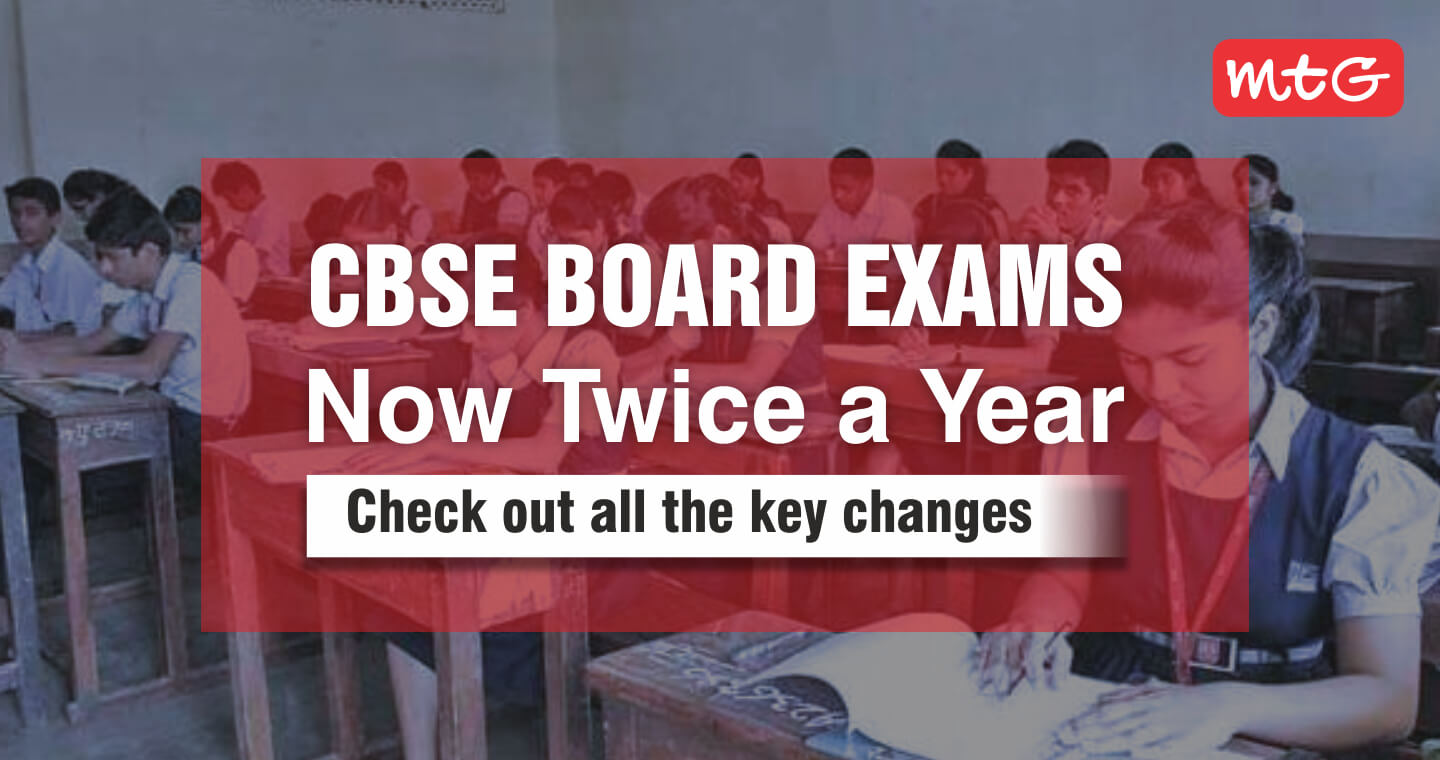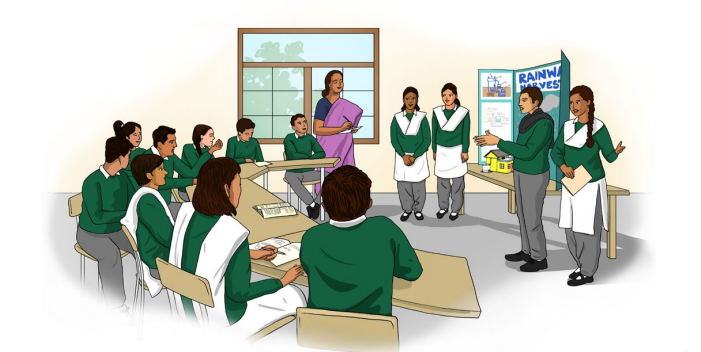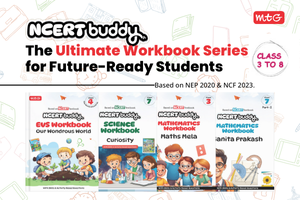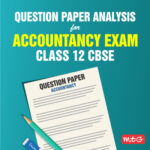
During the Joint Workshop of National Curriculum Framework Oversight and the NSTC Committee, Union Education Minister Dharmendra Pradhan mentioned that the steering committee, led by Kasturirangan, has prepared the curriculum for the new National Education Policy. This curriculum has been submitted to the government and then passed on to the NCERT. The NCERT has established two committees, the National Oversight Committee and the National Syllabus and Textbook Committee (NSTC). It is expected that both of these committees will design a syllabus that meets the 21st-century requirements and is rooted in authentic Indian ideology, as per the PTI report on the Education Ministry.
*NCF for School Education released by the Hon'ble Union Minister of Education, Government of India*
The Hon'ble Union Minister of Education, Skill Development and Entrepreneurship, Shri Dharmendra Pradhan inaugurated the joint session of the pic.twitter.com/g7kq4O88K5
— NCERT (@ncert) August 23, 2023
Key Changes Proposed in National Curriculum Framework for School Education 2023 Draft
After a thorough discussion, the following points emerged from the meeting:
- Bi-Annual Board Exams:
The Board examinations for 10th and 12th classes will now be conducted twice a year but it will not be term-wise. This will give students two chances to take the exam and allow them to retain their highest score. This is a great initiative as this will help students to prepare well for the Board exams.
- Flexibility in Subject Selection:
From now on students in classes 11 and 12 will have the flexibility to choose their subjects, and the choice will not be restricted to specific streams. There will be no bifurcation between Arts, Science, and Commerce, students will be free to choose their own subject combination.
Take a look – CBSE Board Exams 6-month Planner for 2023-24: Score 95% and Above!
- Emphasis on Indian languages:
Students can choose subjects according to their interest in classes 11 and 12 but they will be required to study two languages, with at least one language being Indian. Students or classes 9 and 10 will have to study 3 languages of which 2 have to be native Indian languages. This change puts more focus and importance on the value of Indian languages and promotes diversity.
- Focus on Core Understanding:
Board exams will focus on assessing students’ understanding and achievement of competencies, rather than just rote memorization. This aligns with one of the main motives of NEP and NCF, to eradicate rote learning and promote experiential and in-depth learning of students.

- Revised Textbooks for the 2024 Session:
The curriculum framework will be aligned with the National Education Policy, and new textbooks will likely be introduced in the 2024 academic session. A new syllabus and pattern will be introduced to discourage rote learning and promote active and meaningful learning.
- Cost Effective Textbooks:
The current practice of covering textbooks in the classroom will be avoided, and efforts will be made to optimize the cost of textbooks. This will help close the gap between education and finances among students.
- On-demand Exams:
School boards will have to develop the capacity to offer “on-demand” exams in the future. Education ministry shifting its focus from creating difficult or high-pressure exams to making them easier for students. Instead of putting a lot of pressure on students, the aim is to create an environment that is more conducive to learning and succeeding in exams.
- Mandatory Subjects & Annual System
The structure of classes 9 and 10 will be significantly modified, now students will have to clear 7 papers in classes 9-10 and 6 papers in classes 11-12. The committee is also expected to propose an annual system for Class 10 students.
- Option to Quit School after 10th:
Students should have the option to quit school after Class 10 and pursue vocational education in Grades 11 and 12 if they wish to. This will help students to prepare them to stand on their own feet if they do not wish to continue a formal education.
- Mandatory Certificates for Board Exam Developers and Evaluators:
Board exam test developers and evaluators will need to complete university-certified courses before taking on their roles. This will help in standardizing the process of test development as well as evaluation, decreasing any bias.
Read on the 600 page framework in detail – National Curriculum Framework for School Education 2023
Conclusion
The above changes that are proposed by NCF and Ministry of Education bound to change the framework of present Indian Education System. This is a huge step as these amends focuses on a new experienced based learning. These changes may seem scary before they are implemented but they hold a great potential for a better more efficient learning process for students. The MOE have also focused on well trained staff to provide top notch education to students. The new framework holds lot of challenges as any new change does but it also seems promising and great initiative in future of education system.
Need help in memorizing faster? – How to Memorize Something Fast | 10 Ways to Memorize Fast





























